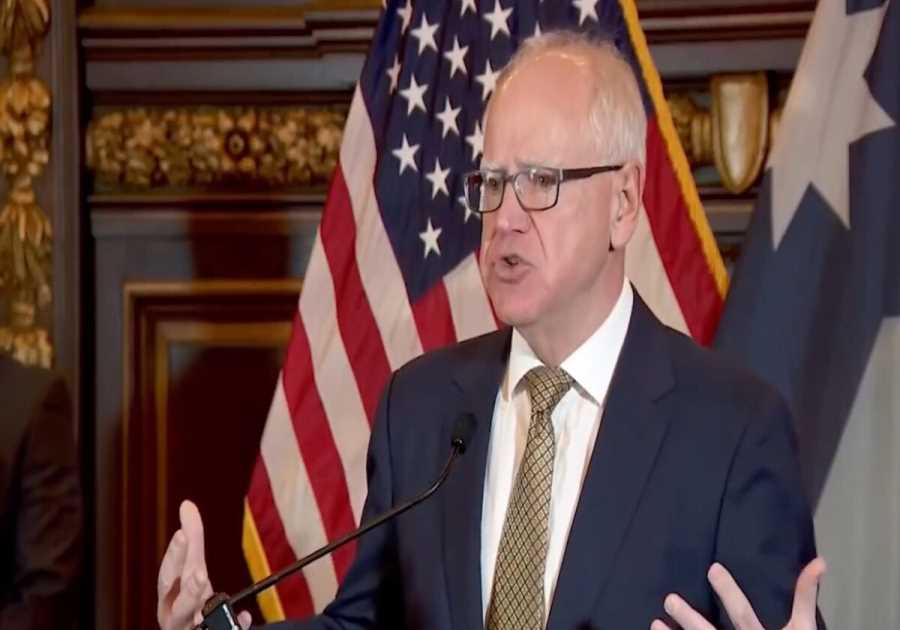
So some cities are renaming Martin Luther King Jr. Day to just "King's Day." Not Martin Luther King Jr. Day. Not MLK Day. Just King's Day. Like we're now in some alternate universe where removing context is somehow progress.
I want to understand the thinking here. I really do. Because on the surface, this makes no sense. But underneath, it reveals something important about where progressive ideology has gone. So let's walk through it.
Listen to the Article
What's Actually Happening
First, the facts. Multiple cities and organizations have moved toward calling it "King's Day" instead of "Martin Luther King Jr. Day." The stated reason? Inclusivity. The stated reasoning is that "Martin Luther King Jr. Day" centers Christianity and American history, while "King's Day" is supposedly more global and inclusive.
That's the argument. Now let's examine what's actually happening.
By removing "Martin Luther King Jr." from the holiday name, you're removing the specific historical figure we're honoring. You're removing the context. You're removing the reason the holiday exists.
The holiday was created to honor a specific person. A man who fought for civil rights. A man who was assassinated for his beliefs. A man whose nonviolent resistance changed America. That person had a name. Martin Luther King Jr. That name matters. That specificity matters.
When you strip that away and just call it "King's Day," you've erased the historical meaning. You've created a generic term that could refer to any king. You've removed the connection to the actual person and the actual history.
That's not progress. That's erasure. That's the opposite of honoring someone's legacy.
The Stated Reasoning and Why It Falls Apart
The argument is that "Martin Luther King Jr. Day" is too Christian. Too American. Too specific to one culture. That "King's Day" is more inclusive and universal.
But here's where the logic breaks down. The holiday exists because Martin Luther King Jr. was an important historical figure. Removing his name doesn't make the holiday more universal. It makes the holiday meaningless. A holiday called "King's Day" without context is just a day off from work. It's not honoring anyone. It's not teaching history. It's not making a statement about civil rights or justice.
And if the concern is that "Martin Luther King Jr." is too Christian, that's odd. King was a Christian minister, yes. His faith was central to his activism. That's historical fact. You don't make history more inclusive by erasing factual elements of it. You include history by acknowledging it as it actually was.
Imagine if someone said, "We should rename Independence Day to Freedom Day because Independence Day is too American." That's roughly equivalent to this. You're removing the specificity and the meaning in the name of some abstract inclusivity.
What I Didn't Expect About This
Picture this. You're a parent. Your kid comes home from school. You ask what they learned about King's Day. They say, "I don't know, something about a king?" You ask which king. They say, "Just a king, I guess?"
That's the practical outcome of this move. You've created a holiday that doesn't actually communicate what it's supposed to communicate. You've created a day off work without meaning. A celebration without clarity.
Now, I used to think this was just well-intentioned awkwardness. But I realized something. Removing names, removing specificity, removing context—that's a pattern. That's not accidental. That's deliberate.
When you erase specific names and specific historical figures, you erase the ability to teach about them. You erase the ability to know who they were. You erase history. That's not inclusive. That's the opposite of inclusive. That's erasing people and events from public memory.
The Bigger Pattern
This is part of a larger movement to erase specificity from everything. Not just holidays. History lessons. Literature. Cultural references. Everything gets genericized. Everything gets abstracted. Everything gets drained of specific meaning.
The stated goal is inclusivity. The stated goal is making things universal. But the actual effect is making things meaningless. A culture without specific references is a culture without shared understanding. It's a culture that can't communicate history. It's a culture that forgets why things matter.
Martin Luther King Jr. wasn't just any king. He was a specific man who did specific things that changed America. He fought discrimination. He promoted nonviolence. He was killed for his beliefs. Those specifics matter. Those specifics are the point. Those specifics are why we have a holiday.
Removing his name doesn't make that history more accessible. It makes that history invisible.
Why This Is Actually Harmful to the Community It Supposedly Helps
Here's what gets me about this. The people this is supposed to help—Black Americans, specifically—are the ones being harmed by erasing Martin Luther King Jr.'s name.
King's legacy matters. His specific achievements matter. His specific philosophy matters. When you erase his name from the holiday, you're erasing his identity from history. You're saying that his specific contributions aren't important. You're saying we can just genericize it. That we don't need to know who he was.
That's not honoring civil rights. That's erasing it. That's making King's achievements invisible. That's suggesting that the specifics of his life and work don't matter as long as we have a generic "King's Day."
I talked to a Black pastor about this recently. He said something I hadn't considered. He said removing King's name from the holiday is a form of erasure. It's saying that we care more about abstract concepts of inclusivity than we care about the actual historical figure being honored. It's using "progress" language to erase Black history.
That hit me. Because he's right. If you truly want to honor King's legacy, you don't strip his name from the holiday. You keep his name. You teach who he was. You teach what he did. You teach why he matters. That's honoring. That's inclusion in the real sense.
The Core Problem
The core problem is this. There's a movement to abstract everything. To remove specific identity from everything. To make everything generic and safe and universal. And in doing so, to erase specificity. To erase identity. To erase history.
That's not progress. That's loss. That's cultural erosion. That's making it impossible for future generations to understand who shaped this country and how.
Martin Luther King Jr. Day exists because Martin Luther King Jr. existed. Because he did specific things. Because he mattered. That's why it's called Martin Luther King Jr. Day. Not because he was particularly Christian or particularly American. But because he was a particular person who did particular things that changed America.
Erasing his name doesn't make that legacy more inclusive. It makes that legacy invisible. It makes it easier to forget why the holiday exists. It makes it easier to turn it into just another day off work.
What This Reveals About Current Thinking
This move reveals something important. There's a mindset that says specificity is bad. That identity is bad. That particular history is bad. That we should abstract everything. Make it generic. Make it universal.
But humans don't work that way. We remember stories. We remember people. We remember specific history. That's how we transmit values and lessons across generations. Strip away the specifics, and you strip away the meaning.
King's Day without Martin Luther King Jr.'s name isn't more inclusive. It's less educational. It's less meaningful. It's less able to teach future generations why this holiday exists and what it represents.
The Bottom Line
Keep the name. Martin Luther King Jr. Day. It's named after a specific person who did specific things that changed America. That person deserves to have his name on the holiday. That specific history deserves to be remembered. That specific legacy deserves to be taught.
"King's Day" is generic. It's meaningless. It erases the specificity and the power of the actual history. It's progress language applied to erasure. And that's not what we should be doing.
If you want to honor Martin Luther King Jr.'s legacy, you do it by remembering his name. By understanding his specific contributions. By teaching his specific philosophy. By making sure future generations know who he was and why he mattered.
That's the opposite of King's Day. That's actually honoring his memory.






